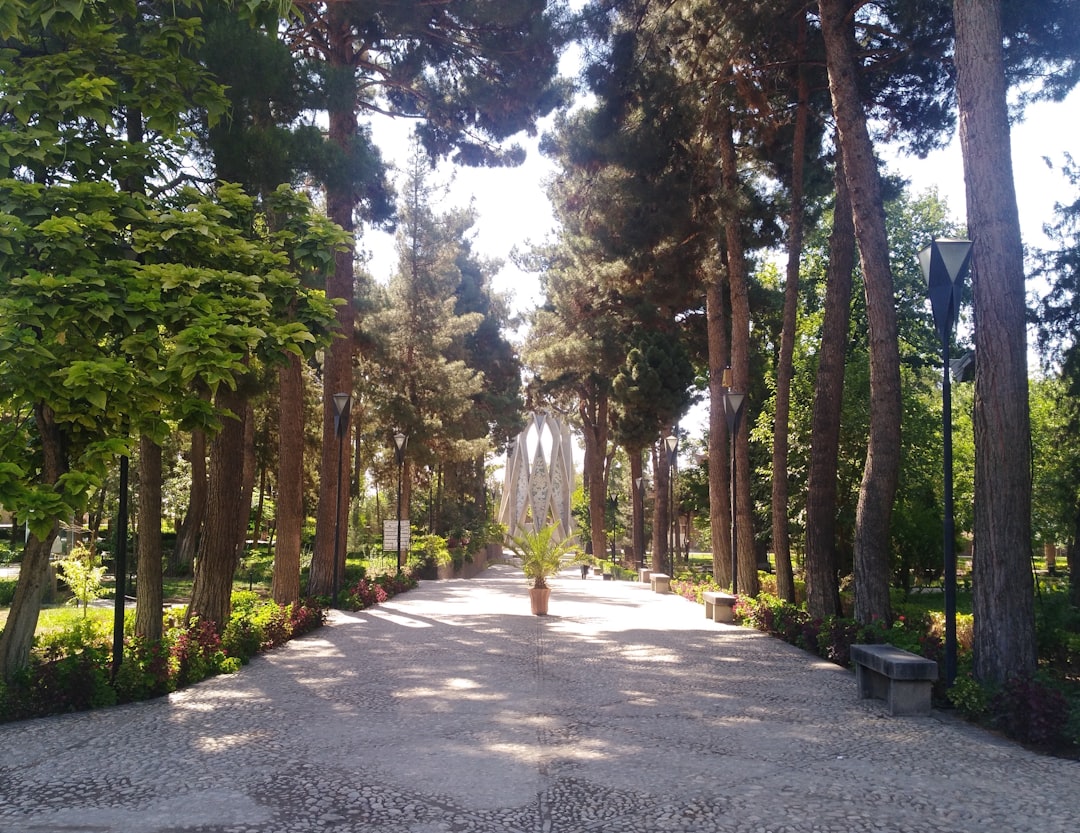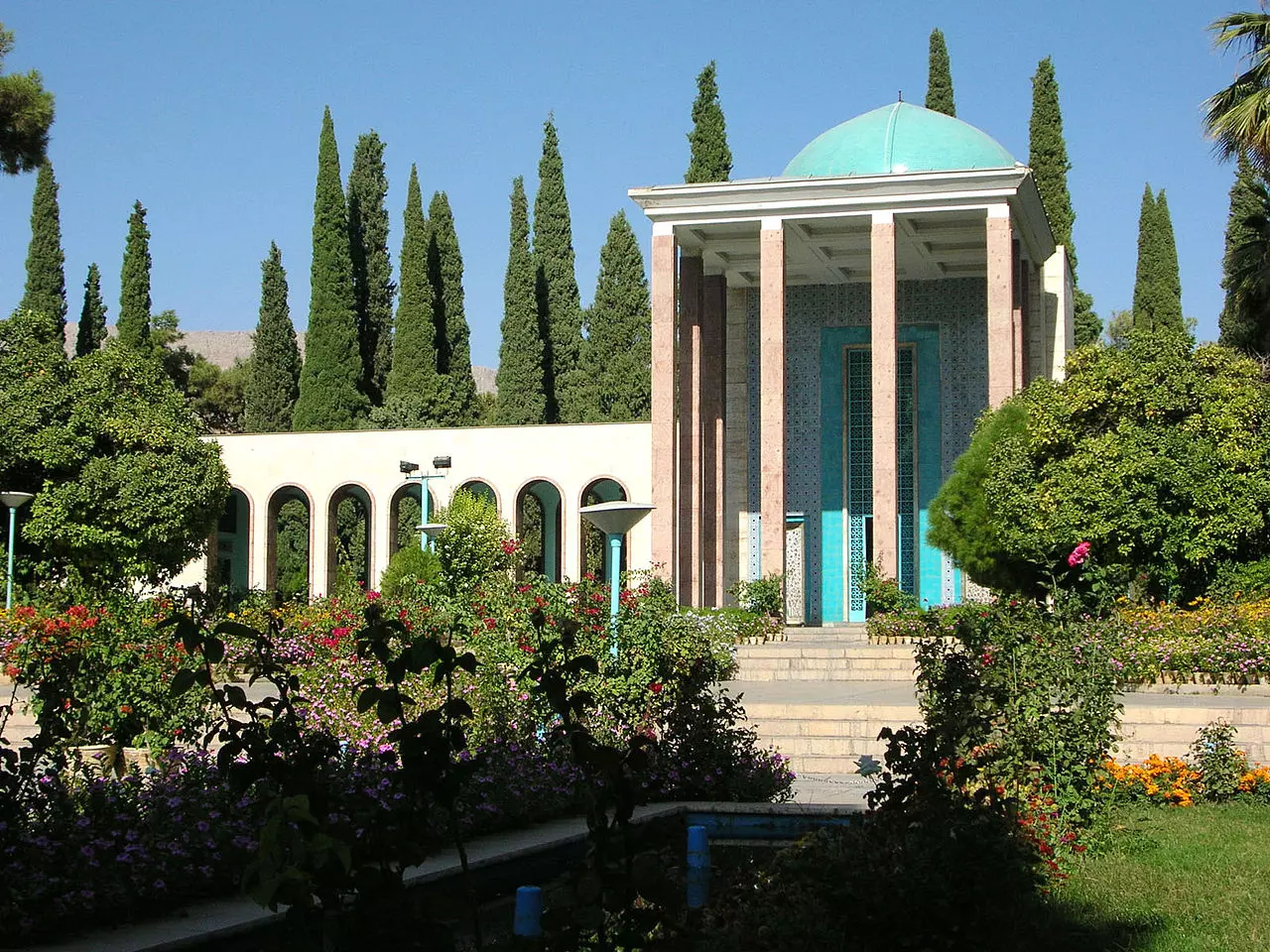If ever there was a figure who defied the limits of labels, it was Omar Khayyam. Born in 11th-century Persia, he was at once a brilliant mathematician, an accomplished astronomer, and a poet whose verses would echo through the centuries. But perhaps the most fascinating thing about Khayyam is this: the West knows him for the Rubaiyat—his quatrains of love, wine, and existential wonder—while the East remembers him more for his scientific genius.
Let’s explore the mystery of this Renaissance man before the Renaissance even began.
A Life of Numbers and Stars
Omar Khayyam was born in Nishapur, in northeastern Iran, around 1048 CE. The name "Khayyam" means "tentmaker" in Persian—perhaps a reference to his father’s trade. But young Omar soon outgrew the family business, diving into mathematics, philosophy, and astronomy with extraordinary skill.
He is best known academically for his work on algebra. His treatise on solving cubic equations, Treatise on Demonstration of Problems of Algebra, was centuries ahead of its time. He also contributed to the Jalali calendar (a predecessor to today’s Iranian calendar), which was so precise that it surpassed the accuracy of the Gregorian calendar.
In his scientific writings, Khayyam was methodical, rational, and deeply focused. But in his poetry? That’s where the soul begins to sing.
The Rubaiyat: Four Lines, Infinite Meanings
The word Rubaiyat (رباعیات) means "quatrains"—poems of four lines. These verses, often attributed to Khayyam, cover a stunning range of themes: the fleeting nature of time, the search for truth, the comfort of wine, the sorrow of loss, the joy of the present moment.
Here is one of the most famous quatrains in Edward FitzGerald’s 19th-century English translation:
"A Book of Verses underneath the Bough,
A Jug of Wine, a Loaf of Bread—and Thou
Beside me singing in the Wilderness—
Oh, Wilderness were Paradise enow!"
FitzGerald’s translation, although more of an adaptation, introduced Khayyam’s work to the Western world—and turned him into a literary legend. His version emphasized a skeptical, almost Epicurean worldview, casting Khayyam as a philosopher-poet who shrugged at fate and raised a glass in defiance of death.
Poet or Philosopher? Mystic or Sceptic?
Was Khayyam a hedonist, a mystic, a cynic, or a Sufi? Scholars are still debating.
In the East, some of Khayyam’s rubaiyat were seen as coded spiritual messages, drawing comparisons to Sufi poetry. Others, more irreverent and questioning of religion and fate, made him seem like a quiet rebel. It’s possible that Khayyam, like many thinkers of his time, wore multiple masks—one for the academy, one for the court, and another for private contemplation.
What we do know is this: his poetry refuses to settle. Each reader brings their own meaning to the verses—whether joy, despair, love, or liberation. That’s part of the Rubaiyat’s enduring charm.
Omar Khayyam’s Legacy in Iran and Beyond
In Iran, Khayyam is revered not just as a poet, but as a scientific mind of the Islamic Golden Age. His birthday is commemorated every year on May 18, and his mausoleum in Nishapur—an elegant fusion of poetry and architecture—attracts visitors from around the world.
The Rubaiyat, thanks to FitzGerald, inspired poets like T.S. Eliot, artists like Edmund Dulac, and even thinkers in the counterculture movement of the 1960s. His verses have been set to music, referenced in novels, and quoted in films.
And yet, despite all the fame, Khayyam remains an enigmatic figure—part history, part myth, part timeless voice whispering to us about the mystery of life.
Final Thoughts
Omar Khayyam reminds us that poetry and science, soul and reason, can live in the same person. His rubaiyat may make us laugh, sigh, or pause in thought. His equations helped shape the future of mathematics. And in the space between verse and number, he invites us to embrace the beautiful uncertainty of being human.
Whether you come to Khayyam through a poem, a calendar, or a star chart, you’ll find yourself in the presence of a mind that reached across time—not to give us answers, but to share in the questions.
“Be happy for this moment. This moment is your life.”
– Omar Khayyam





